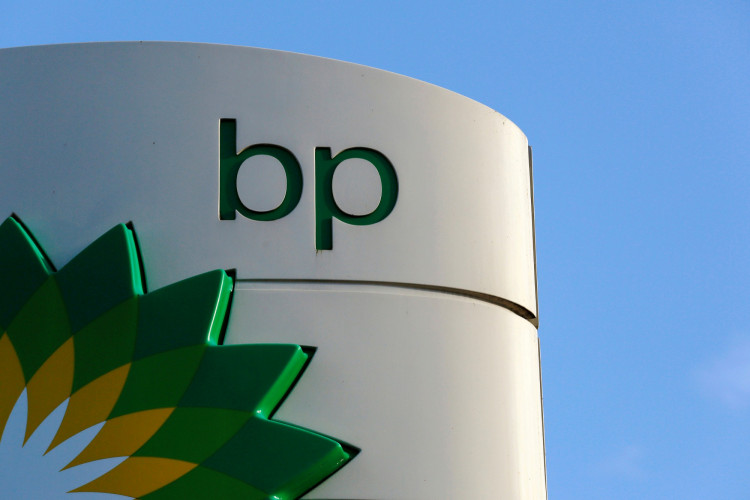Gas and oil giant BP Plc has lowered its oil price forecast for this year and the rest of the upcoming years through to 2050. The company stated that the coronavirus pandemic has likely accelerated the global transition to low-emission fuel sources and energy systems, which will gradually lessen the demand for fossil fuels in the coming decades.
The UK-based firm revealed that it is currently in the process of reviewing its portfolio in an attempt to adapt to the massive changes in the industry. The company is also laying down the foundation of eventually becoming a net-zero company by 2050 or maybe sooner.
As part of its long-term strategic plan to meet its ambitious transformation, the company revealed that it may be forced to incur massive non-cash impairment charges and write-offs for its second quarter. The write-offs of its assets involved in its fossil fuel-related operations are expected to reach between $13 billion to $17.5 billion after taxes. BP is expected to release its second-quarter earnings results on August 4.
Apart from letting go of some of its assets, BP is also planning to focus more on its capital discipline. The company plans to be more careful in where it will be spending its capital moving forward, given the significant changes and expected evolution of the industry.
BP's chief executive officer, Bernard Looney, mentioned in a statement that it looks like the pandemic will have an enduring economic impact that may last for decades. In line with its forecasts, Looney stated that the company is prepared to take greater efforts to survive in a "Paris-consistent" world.
Earlier in the month, BP announced that it would be cutting its workforce and letting go of around 10,000 employees. The company stated that the job cuts were a necessary response to the global oil price crash and the continued slump in global oil demand caused by the coronavirus pandemic.
According to its latest forecast, BP expects international benchmark Brent crude futures to hover around $55 a barrel from 2021, gradually lowering through to 2050. The company also expects Henry Hub gas prices to average to around $2.90 through to 2050. The downgraded forecasts represent a 27 percent drop for Brent Futures and a 31 percent drop for Henry hub when compared to its forecasts during its annual report in December 2019.
On Monday, Brent crude futures were trading at $38.11 per barrel, a 1.6 percent drop from last week's closing prices. Meanwhile, US West Texas Intermediate crude futures were trading at $35.20 per barrel, a 3 percent drop from the previous trading day's closing.






